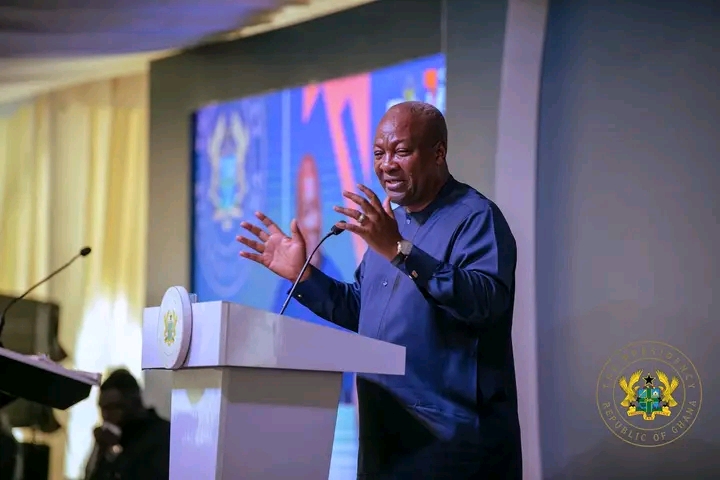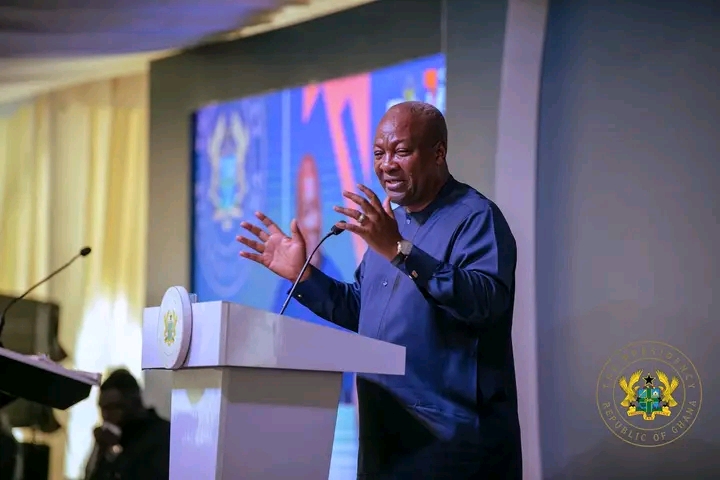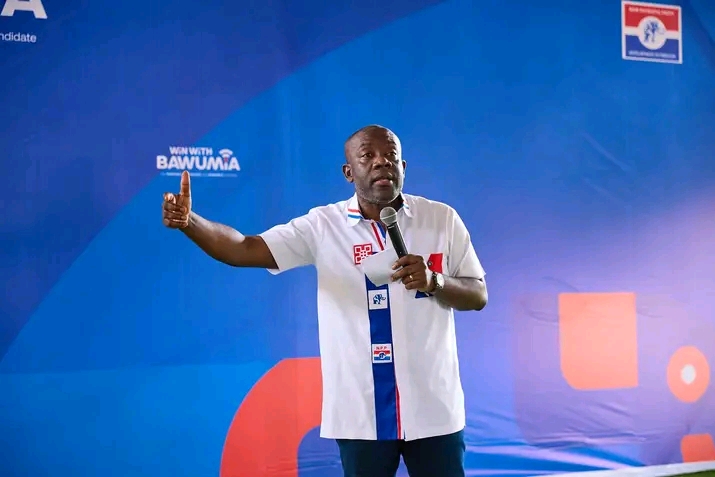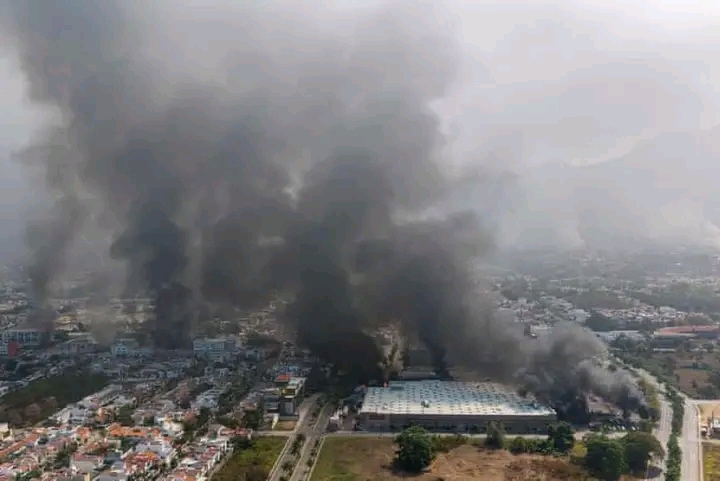Credit Kekeli K. Blamey
At the 2025 Ghana CEO Summit held in Accra on Monday, May 26, former President John Dramani Mahama outlined a comprehensive eight-pillar economic strategy aimed at stabilising and revitalising Ghana’s economy.
The proposed plan centres on restoring fiscal discipline, rebuilding market confidence, and boosting strategic investment to promote long-term growth. Below are the key pillars of Mahama’s economic reset agenda:
- Disciplined Completion of IMF Programme
Mahama underscored the need for strict fiscal discipline in managing public spending and borrowing. He reaffirmed Ghana’s commitment to completing the IMF Extended Credit Facility programme by 2025, with a targeted exit by 2026. This would be followed by continued policy support to entrench prudent financial governance. - Reopening Capital Markets
Plans are underway to re-enter both domestic and international bond markets. Mahama noted that future borrowing would be restricted to self-financing projects by government entities, ensuring responsible debt management. The reopening will be coordinated with institutions such as the IMF, the Ghana Stock Exchange, and local financial partners. - Strengthening Sovereign Funds and Local Government Finance
To safeguard fiscal stability, the government will enforce mandatory contributions to Ghana’s sinking and stabilization funds. Additionally, local governments will be empowered to raise funds independently through infrastructure bonds for community-level projects like roads, schools, and water systems. - Clearing Arrears and Prioritising Investments
A thorough audit of government arrears is ongoing, with plans to transparently settle verified debts. Future public investments will be aligned with national priorities, available resources, and long-term development goals. - Accelerating Public Financial Management Reforms
Mahama pledged to reinstate key reforms, including the Treasury Single Account (TSA), enhanced tax administration, and real-time budget monitoring tools, aimed at improving public sector efficiency and reducing waste and corruption. - Revamping Ghana Exim Bank to Boost Exports
The Ghana Exim Bank will be restructured to support non-traditional exports, agro-processing, light industry, and SMEs. This move is expected to strengthen Ghana’s foreign exchange reserves and generate employment. - Positioning Ghana as a Regional Trade and Investment Hub
Ghana aims to become a leading commercial, logistics, and digital services hub in West Africa. Mahama’s vision includes expanding infrastructure in sectors such as ports, finance, healthcare, education, and industrial zones to enhance integration with the African Continental Free Trade Area (AfCFTA). - Reviving Infrastructure Development
Recognising the critical role of infrastructure in economic growth, Mahama committed to resuming large-scale investments in transportation, energy, water, housing, and urban development. Funding will be sourced through mechanisms like the Big Push Initiative, public-private partnerships, and other innovative models.
Mahama’s strategy, unveiled before an audience of business leaders and policymakers, signals a renewed focus on sustainable growth and inclusive development.







